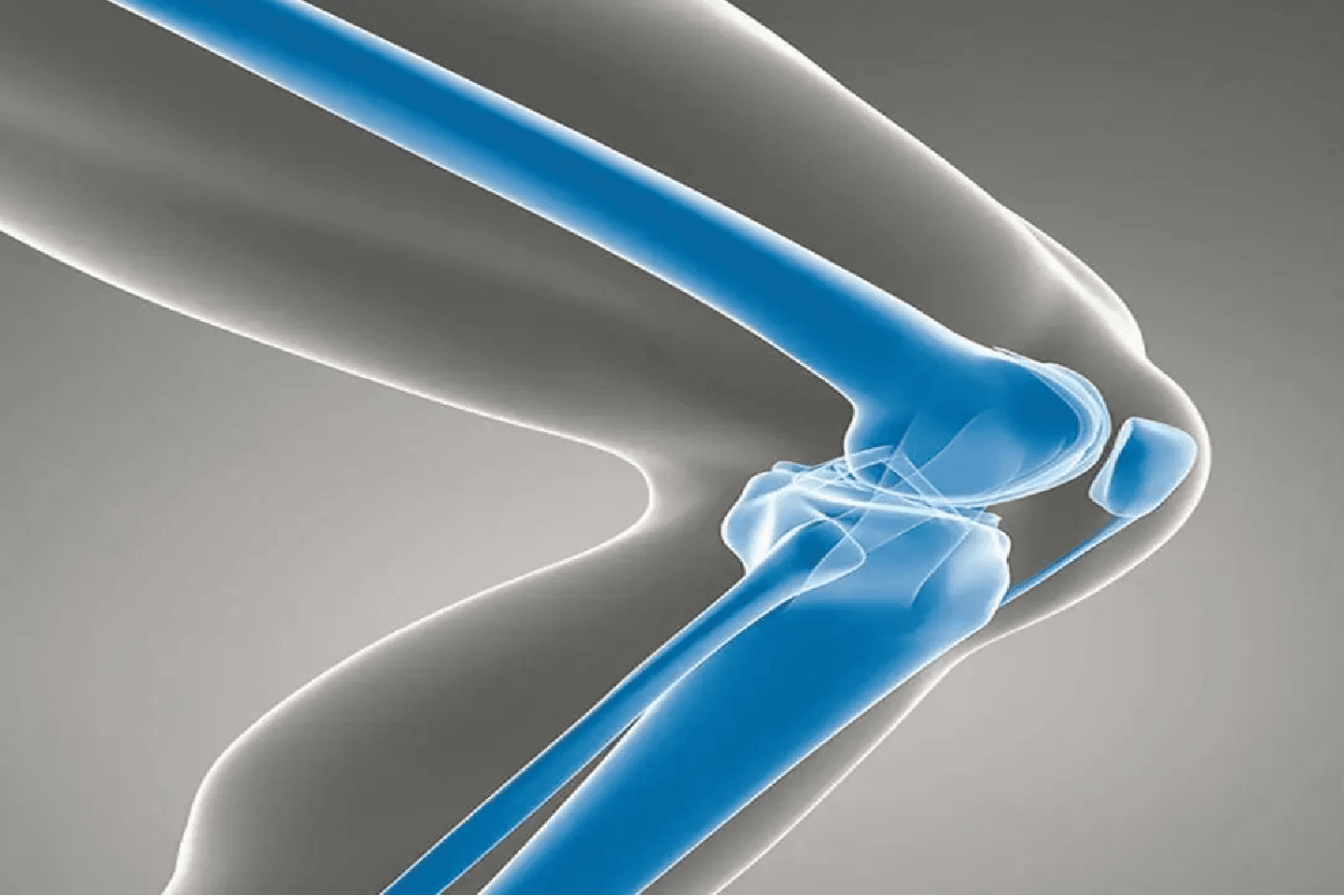
What is the Best Age for a Knee Replacement?
Introduction
Knee replacement is an invasive surgery in which the damaged or worn-out part of your knee is replaced with an artificial prosthesis. One of the most common causes for knee joint wear out is osteoarthritis, a form of arthritis in which the protective tissue that forms a cushion at the ends of the bones tends to wear out. This makes your bones vulnerable to damage and injury.
Opting for knee replacement is generally the last recommended line of treatment when all other options are exhausted. There are two main types of knee replacement surgery - total knee replacement and partial knee replacement.
As suggested by the name, a total knee replacement is a complete replacement of the whole joint. In this procedure, both sides of the knee are replaced with artificial implants. In a partial knee replacement surgery, only a single compartment of the knee is replaced by a prosthesis.
The decision of opting for knee replacement surgery should be well thought through. A surgeon will conduct several examinations of your joint function as well as consider your age, severity of pain, and potential benefits before determining whether you are a fit candidate for surgery or not.
Knee replacement surgery has proved to be a true boon. It offers relief from pain, improves knee function, and returns independence of movement, especially for older adults.
What is the ideal age for knee replacement surgery?
There is no such right or wrong age for knee replacement surgery. If you find it challenging to sit, walk, or work without feeling tremendous pain in your knees, you may be considered as a candidate for a knee replacement.
The age bracket of 50 to 70 years is the most common age group for knee replacement patients. Older patients above the age of 70 may also benefit immensely from the mobility and comfort offered by a prosthesis. However, with the rising number of cases of early osteoarthritis and other joint problems, several younger patients now too may qualify for knee replacement surgeries.
A patient below 45 years of age is typically considered to be a young patient. But opting for such a major surgery so early on is generally not recommended.
Moreover, younger adults tend to be more active, and this can cause the implant to wear out faster. In such cases, the patient may have to undergo a second knee replacement within 15 years of the initial surgery. The second surgery is usually harder on your body than the first one and this can prove to be a tough recovery.
There is no defined knee replacement age limit. You will qualify for surgery based on numerous factors such as the severity of your symptoms and overall health. If the benefits of the procedure outweigh the risks, your doctor may want you to go ahead with this surgery.
The latest in knee replacement technology from Meril
Meril is a global medical device company founded in 2006 in India. Since its inception, Meril has been designing medical devices that can provide relief and comfort to patients.
The Freedom Total Knee® System is a CE-certified and USFDA-approved knee implant. It has been crafted with advanced design engineering technologies to cater to the physiological and lifestyle needs of patients. It calls for minimal bone cutting and permits conservative bone resection.
OPULENT BIONIK GOLD KNEE from Meril is made of TiNbN coating. This patented new technology has received US FDA 510K clearance offers benefits such as allergy prevention and superior abrasion resistance for longevity. Opulent™ Total Knee System is suitable for patients of all age groups.
The Destiknee™ system offers high flexion and is CE-certified and USFDA-approved. Its design permits the preservation of bone and permits good flexibility in a range of daily movements.
Conclusion
Advancements in medical technology now permit patients to get back to their life with almost complete normalcy post-treatment. A few months of physiotherapy may be required so that the patient understands how much weight can be applied on the operated joint. Physiotherapy will also help you get used to the prosthesis after a knee replacement surgery. Always, remember to follow your doctor’s advice, practice physical therapy exercises, and rest the knee until it heals completely.



